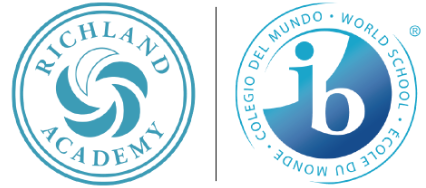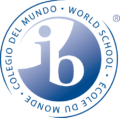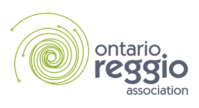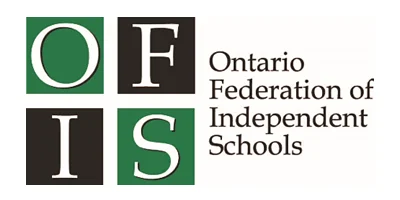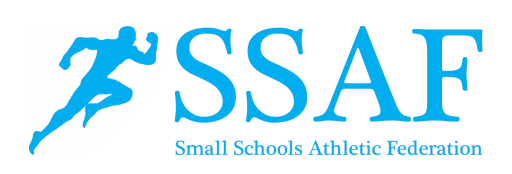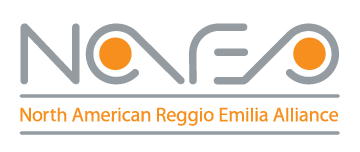From a Google question ‘Connecting Science Inquiry and Science Fairs’, an important site entitled ‘Just Science Now’ intrigued us immensely. As we read further, we recognized that we could connect our own JK Science Inquiry with the relevant information that it contained. According to the article, Inquiry means that students are handling science; they are manipulating it, working it into new shapes and formats. They are integrating it into every corner of their world, and playing with it in unknown ways. Inquiry implies that students are in control of an important part of their own learning, where they can manipulate ideas to increase understanding. As students learn to think through the designs and developments of their own inquiry, they also develop a sense of self-responsibility that transcends all curriculum domains.
According to the article, Inquiry means that students are handling science; they are manipulating it, working it into new shapes and formats. They are integrating it into every corner of their world, and playing with it in unknown ways. Inquiry implies that students are in control of an important part of their own learning, where they can manipulate ideas to increase understanding. As students learn to think through the designs and developments of their own inquiry, they also develop a sense of self-responsibility that transcends all curriculum domains. Many science textbooks portray science as a collection of facts or a body of knowledge for children to learn. Unfortunately, the impression this may leave with the children is that studying science is nothing more than memorizing facts and mastering theories. On the contrary, there is much room in science for intuitive, hypothetical, playful, and imaginative forms of learning. In other words, there is room for deep Inquiry.
Many science textbooks portray science as a collection of facts or a body of knowledge for children to learn. Unfortunately, the impression this may leave with the children is that studying science is nothing more than memorizing facts and mastering theories. On the contrary, there is much room in science for intuitive, hypothetical, playful, and imaginative forms of learning. In other words, there is room for deep Inquiry.  “Scientific inquiry refers to the diverse ways in which scientists study the natural world and propose explanations based on the evidence derived from their work. Inquiry also refers to the activities of students in which they develop knowledge and understanding of scientific ideas, as well as an understanding of how scientists study the natural world.” ~ National Science Education Standards
“Scientific inquiry refers to the diverse ways in which scientists study the natural world and propose explanations based on the evidence derived from their work. Inquiry also refers to the activities of students in which they develop knowledge and understanding of scientific ideas, as well as an understanding of how scientists study the natural world.” ~ National Science Education Standards  The National Science Education Standards state that “Inquiry is central to science learning.” At Richland we know, practice and understand that Inquiry is essential to 21st Century learning. The standards below from this educational body point out that, students engaging in science Inquiry will demonstrate the following behaviours:
The National Science Education Standards state that “Inquiry is central to science learning.” At Richland we know, practice and understand that Inquiry is essential to 21st Century learning. The standards below from this educational body point out that, students engaging in science Inquiry will demonstrate the following behaviours:
- “Describe objects and events.” Known as ‘documentation of the learning and thinking’ at Richland.
- “Ask questions.” Big Ideas, Essential Questions, ‘I See’, I Think’ and ‘I Wonder’ are some of the examples that permeate our daily work with the children at RA.
- Construct explanations.” Sharing of New Knowledge and Knowledge Building Circles are strategies that we embed into our learning.
- “Test explanations against current scientific knowledge.” We make connections to past experiences and offer authentic experiences.
- “Communicate their ideas to others.” The children reflect, revisit, and share their knowledge.
- “Identify their assumptions.” We encourage the children to problem solve, seek assistance from each other and research using various tools to extend the learning.
- “Use critical and logical thinking.” Nothing is accepted at face value and we delve deeply into each Inquiry.
- “Consider alternative explanations.” All ideas are valued and each child has a voice.

The IDEAL Model
Bransford and Stein suggest using the ‘IDEAL model’ for solving problems in science. This approach to inquiry-based learning employs logical sequencing of procedures that begin with problem identification and concluding, with a reflection of an attempted plan of action.
- ‘I‘ for Identify the problem
- ‘D‘ for Define and represent the problem
- ‘E‘ for Explore alternative approaches
- ‘A‘ for Act on a plan
- ‘L‘ for Look at the effects
Approaches to Inquiry
Alan Colburn, in “An Inquiry Primer,” defines inquiry as “the creation of a classroom where students are engaged in essentially open-ended, student-centered, hands-on activities.”  At Richland we know, practice and understand that Inquiry is essential to 21st Century learning. In JK, we are a fully developed Inquiry classroom. The JK children have been exploring the Big Idea of Transformation, specifically focusing on the ideas that, ‘Children wonder and are curious about Natural Scientific Phenomenon. The children and parents continue to be engaged by using Google to explore the children’s questions and information or send us photos to enhance our inquiry.
At Richland we know, practice and understand that Inquiry is essential to 21st Century learning. In JK, we are a fully developed Inquiry classroom. The JK children have been exploring the Big Idea of Transformation, specifically focusing on the ideas that, ‘Children wonder and are curious about Natural Scientific Phenomenon. The children and parents continue to be engaged by using Google to explore the children’s questions and information or send us photos to enhance our inquiry.

